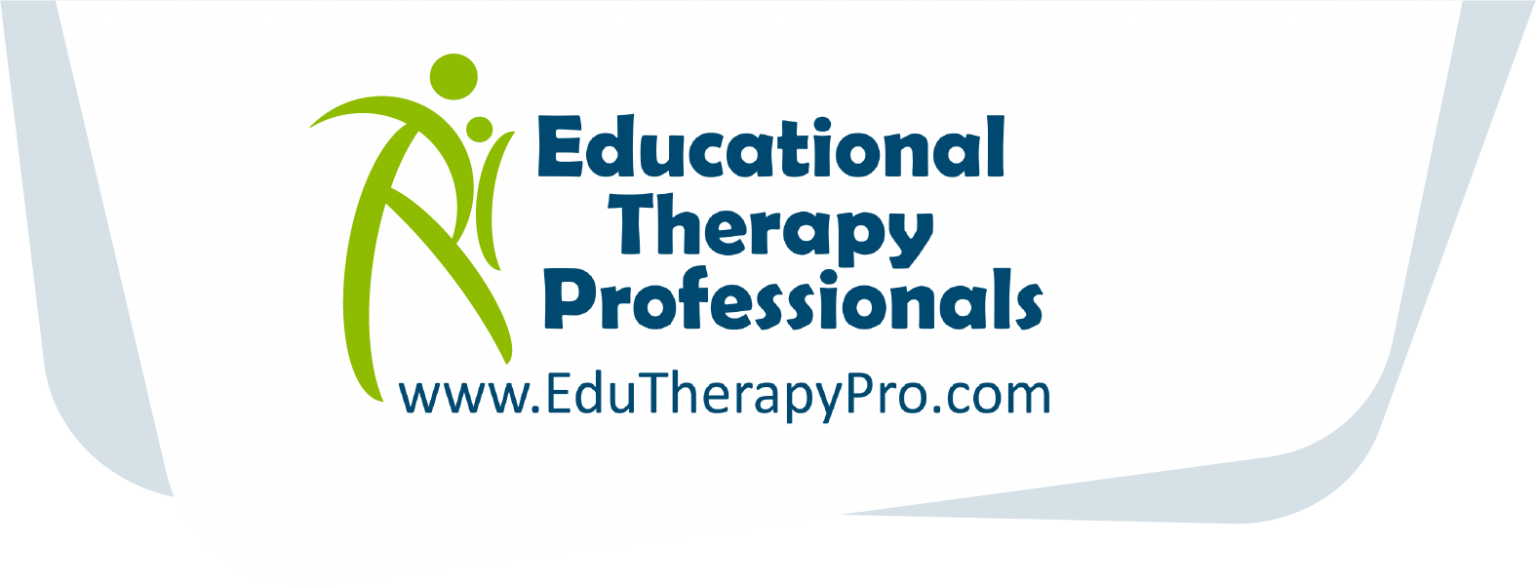Effective communication is essential for academic success, social development, and overall confidence. For students who struggle with speech and language challenges, pediatric speech therapy for schools provides a lifeline. By addressing communication barriers within the school environment, speech therapists help students develop critical skills that enable them to excel in and outside the classroom. This blog explores the benefits of school-based speech therapy tailored for children, highlighting how speech therapy for students fosters growth, confidence, and academic achievement.
What is Pediatric School-Based Speech Therapy?
Pediatric speech therapy focuses on helping children overcome difficulties with communication, including:
- Speech Sound Disorders: Challenges with pronouncing sounds correctly.
- Language Disorders: Difficulty understanding or using language effectively.
- Fluency Disorders: Issues such as stuttering or hesitation in speech.
- Social Communication Disorders: Trouble with conversational skills, interpreting social cues, or understanding nonverbal communication.
In a school-based setting, speech therapists work directly with students, teachers, and parents to develop and implement strategies that support the student’s unique needs.
Why Pediatric Speech Therapy for Schools is Important
Providing speech therapy within the school environment offers several key advantages:
- Convenient Access:
Therapy sessions are conducted during the school day, ensuring students receive support without needing to travel or miss valuable class time. - Collaboration with Educators:
School-based therapists work closely with teachers to integrate communication strategies into daily lessons, creating a consistent support system for students. - Social Skills Development:
Speech therapy in schools provides opportunities for students to practice communication skills with peers in real-life scenarios. - Holistic Approach:
By addressing communication challenges in the context of the school environment, therapists can tailor interventions to the child’s specific academic and social needs.
The Benefits of Speech Therapy for Students
Speech therapy offers transformative benefits for students, impacting their academic performance, social interactions, and overall confidence. Here are some of the top advantages:
1. Improved Academic Performance
Communication skills are the foundation of learning. Students who struggle with language comprehension or expression may find it difficult to participate in class, complete assignments, or follow instructions. Speech therapy helps bridge these gaps by:
- Strengthening vocabulary and grammar skills.
- Improving the ability to understand and follow multi-step instructions.
- Enhancing reading and writing abilities through better phonemic awareness.
As a result, students become more confident and engaged in their academic work.
2. Enhanced Social Interactions
Difficulty communicating can lead to frustration, isolation, and misunderstandings among peers. Speech therapy equips students with the tools they need to:
- Initiate and maintain conversations.
- Interpret social cues, such as body language and tone of voice.
- Build and strengthen relationships with classmates.
Improved social skills contribute to a positive school experience and better emotional well-being.
3. Increased Confidence and Self-Esteem
Communication challenges can take a toll on a student’s self-esteem. Speech therapy helps students overcome these obstacles by providing:
- Targeted support to address specific speech or language issues.
- Positive reinforcement to celebrate progress and achievements.
- Practical strategies to navigate challenging communication scenarios.
As students see their abilities improve, their confidence grows, empowering them to take on new challenges.
4. Preparation for Future Success
The skills learned in pediatric speech therapy extend beyond the classroom. From higher education to the workplace, effective communication is a critical life skill. Speech therapy helps students:
- Develop strong public speaking and presentation abilities.
- Build problem-solving and critical-thinking skills related to communication.
- Prepare for social and professional interactions as they transition into adulthood.
How Speech Therapy Fits into a School Setting
In schools, speech therapy is often integrated into broader special education and support programs. Key components include:
- Individualized Education Plans (IEPs):
For students eligible for special education, speech therapy goals are outlined in their IEPs, ensuring a customized approach. - Group Therapy Sessions:
Small group sessions provide opportunities for students to practice communication skills with peers, fostering collaboration and mutual support. - Teacher Collaboration:
Speech therapists work alongside teachers to adapt lessons, provide classroom strategies, and ensure consistency across learning environments. - Family Involvement:
Parents are encouraged to reinforce communication skills at home, creating a cohesive support system for the student.
The Role of OT Providers for Schools
Partnering with professional providers like EduTherapyPros ensures schools have access to highly qualified speech therapists who specialize in pediatric-focused services. OT providers for K-12 schools can:
- Recruit experienced and certified therapists.
- Provide tailored staffing solutions, whether full-time, part-time, or temporary.
- Support program development to enhance the school’s overall therapy offerings.
By working with trusted providers, schools can build effective and sustainable speech therapy programs.
How Educational Therapy Professionals Can Help
At Educational Therapy Professionals, we understand the importance of providing high-quality pediatric speech therapy for schools. Our services include:
- Connecting schools with certified speech-language pathologists who specialize in working with children.
- Offering flexible staffing solutions to meet your school’s unique needs.
- Providing guidance on integrating speech therapy into existing support programs.
Contact Educational Therapy Professionals today to learn how we can help your school improve communication outcomes for students.
The Future of Pediatric Speech Therapy in Schools
As awareness of the importance of communication skills grows, the demand for school-based speech therapy continues to rise. Advances in technology, such as teletherapy and assistive devices, are making it easier to deliver effective interventions to students in need.
Pediatric speech therapy for schools is a critical component of a student’s development, offering the tools and support needed to thrive academically, socially, and emotionally. By investing in speech therapy for students, schools can create an inclusive environment where every child has the opportunity to succeed.





